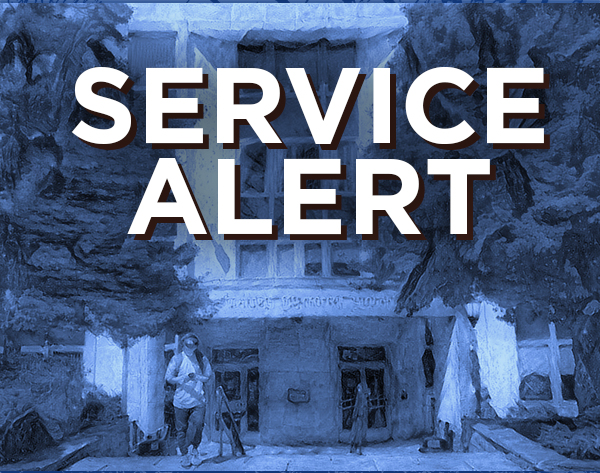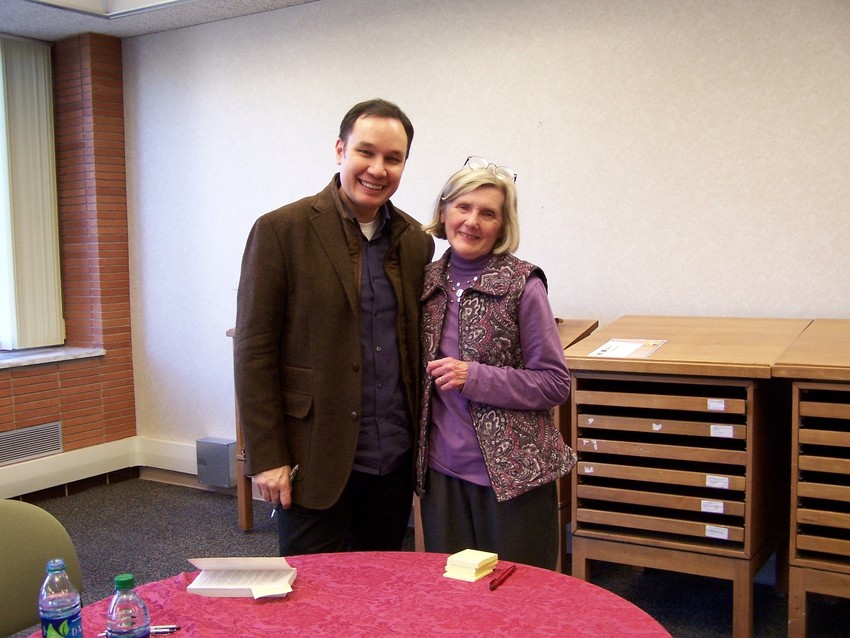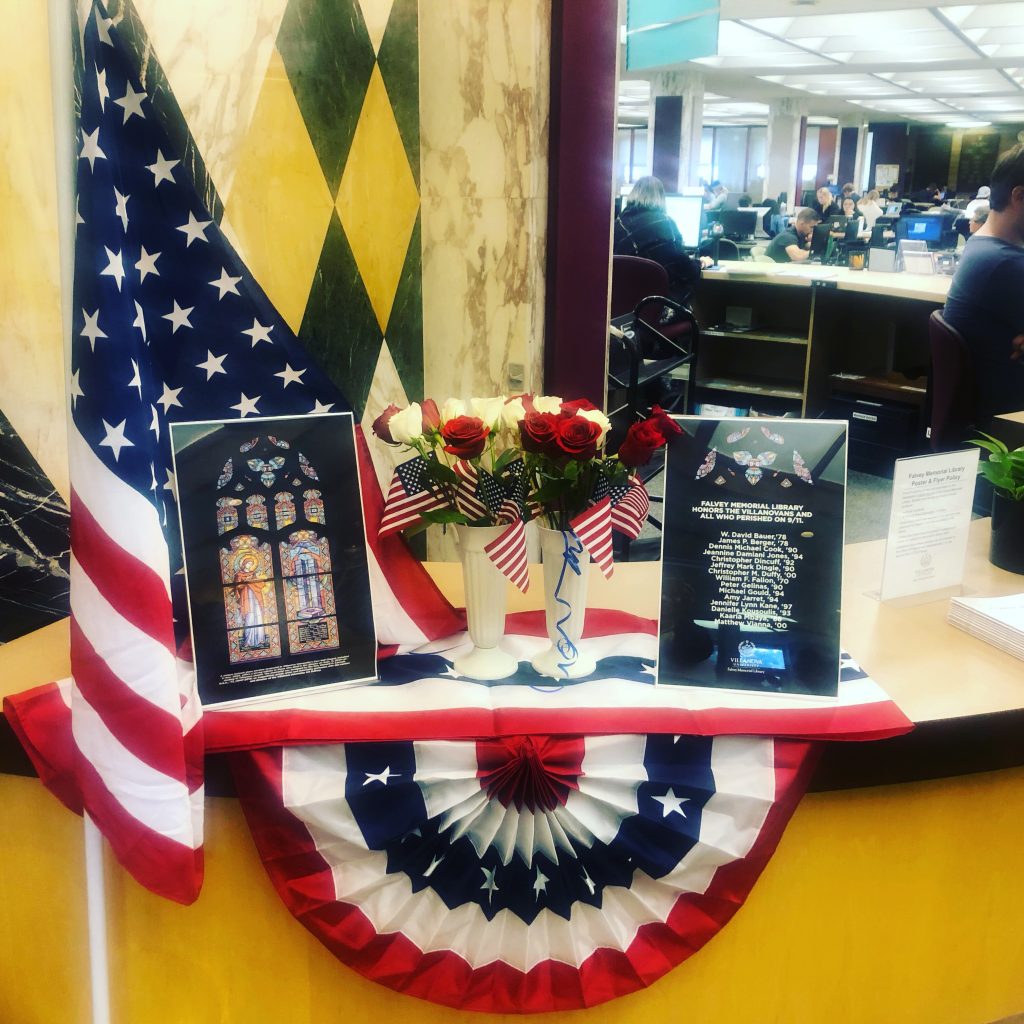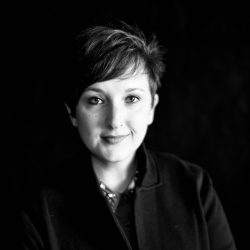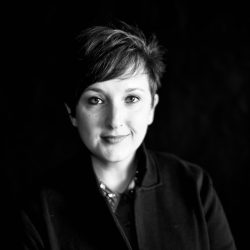
By Nancy Foasberg
Hello again! I’m Villanova’s Scholarly Communication Librarian, and this Open Access Week I wanted to share some information about the theme for the week. To access the other posts in this series, please see this series of posts!
This year, the official theme for Open Access Week is Community over Commercialization.
Open Access, Community, and Commercialization
In yesterday’s blog post, I defined open access as the practice of making scholarly works available without price or permission barriers. So, why is the theme of community and commercialization so important for open access?
Currently, the open access landscape includes efforts by many different stakeholders: academic authors, libraries, universities, scholarly societies, granting organizations, and publishers both small and large. However, these groups have very different goals! Consider which of these groups are likely to be most interested in:
- Ensuring that information can reach a broader audience
- Decreasing the cost of accessing information
- Building equitable scholarly infrastructure
On the other hand, large commercial publishers are likely to be primarily interested in finding new revenue streams.
Publishers play a key role in scholarly communication, but large commercial publishers’ involvement in open access usually comes along with the condition that they can use it to increase their profits. Their preferred solutions are often inequitable – for instance, there are many critiques of author fees and transformative agreements on the basis that they exclude scholars from publishing if their institutions cannot support these costs.
Additionally, large commercial publishers currently control a great deal of the infrastructure for scholarly communication – including tools that were originally built by members of the community. For instance, Elsevier now owns SSRN, an important subject repository in which scholars in the social sciences share their work, and bepress, the software on which many institutional repositories run.
The Power of Community-Based Infrastructure
Resources built and maintained by the community remain extremely important to scholarly communication, and there are still scholars, advocates, and librarians building new resources.
Note that many of these tools are not, themselves, free to use. However, they are built and maintained by members of the academic community, are often openly licensed, and are intended to facilitate open access, especially fee-free open access.
For more information on what constitutes good open access infrastructure, see The Principles of Open Access Infrastructure is a good starting point. However, this post will primarily feature projects that are supported by entities other than commercial publishers.
Repositories (subject and institutional)
For instance, a lot of subject repositories are community-run, including arXiv (run at Cornell University), one of the oldest and most important preprint repositories. That is, it’s a way for authors to share their articles quickly, prior to undergoing peer review, which can be quite a lengthy process. Many other preprint repositories run on the Open Science Framework, which is a project of the non-profit Center for Open Science.
Many colleges and universities also run their own institutional repositories, and many of them have opted to use platforms like DSpace, Islandora, Hyrax, or Hyku, which are maintained and supported by universities or non-profit organizations. These might include articles before and/or after the peer-review process.
Community-run repositories are important because they don’t favor a particular publisher, they can set policies allowing a variety of types of materials to be shared, and, unlike popular academic social media sites (ResearchGate, Academia.edu), they don’t run on mysterious funding models that involve gathering data about their users.
Journal & Book Publishing
The large commercial publishers have fancy publishing platforms with lots of bells and whistles.
But publishing doesn’t have to rely on these systems. A huge number of open access journals, including those hosted by Falvey Library, use Open Journal Systems, which is a product of the non-profit Public Knowledge Project and provides a rich, flexible platform that’s relatively easy to use.
When it comes to books and other materials, one good option is Manifold, which was jointly developed by the CUNY Graduate Center, the University of Minnesota Press, and Cast Iron Coding, and is used by several scholarly presses and other organizations. It’s been used to create open access books, new editions of public domain works, and collaborative class projects. It’s also been a major tool for creating open educational resources.
Other Tools
Building an open access infrastructure includes many tools other than the front-facing publishing systems described earlier in this post.
Community-built tools for managing scholarly metadata include OpenAlex, an open catalog of scholarly publications built and maintained by the nonprofit organization OurResearch, and the Research Organization Registry (ROR), which assigns persistent identifiers to research organizations (Villanova’s is 02g7kd627).
Standards, too, are a form of infrastructure. I’d particularly like to point out the Declaration on Research Assessment (DORA), which calls for institutions, funding agencies, and publishers to develop standards for assessing research outputs that don’t rely as heavily on the role of commercial publishers or the metrics they produce. I would also like to point out the Coalition of Open Access Policy Institutions, a group of institutions that support each other in developing best practices for institutional open access policies.
Thank you for joining me on this trip through some important landmarks in the open access landscape! This Open Access Week, I think we should be cognizant, not only of how many materials can be made openly available, but also how things become open.

Nancy Foasberg is Scholarly Communication Librarian at Falvey Library.





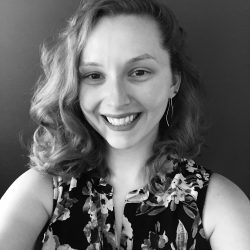


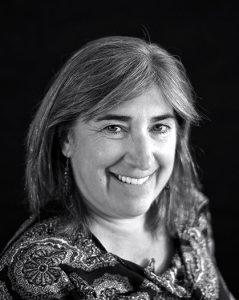 Linda Hauck, MLS, MBA, is Business Librarian at Falvey Library.
Linda Hauck, MLS, MBA, is Business Librarian at Falvey Library.


 Laurie Ortiz Rivera, PhD, is Subject Librarian for History, Art History, Education & Counseling at Falvey Library.
Laurie Ortiz Rivera, PhD, is Subject Librarian for History, Art History, Education & Counseling at Falvey Library. 
 Nicole Daly is Communication Librarian at Falvey Memorial Library.
Nicole Daly is Communication Librarian at Falvey Memorial Library.